Rat Control
Do you need to quickly put a stop to rats at your property?
We get rid of rats and rodents for businesses, landlords and homeowners.
- Stop the spread of disease and costly property damage
- Property Inspection & Rat Proofing
- Open 7 Days a week
- Pay by Credit or Debit Card
- Rodent control from £150 incl 2 visits
- NPTA Members & Fully Insured
For Effective Rodent Control.
Book Your Professional Assessment Today – 7-Day Rat Removal Service Available.
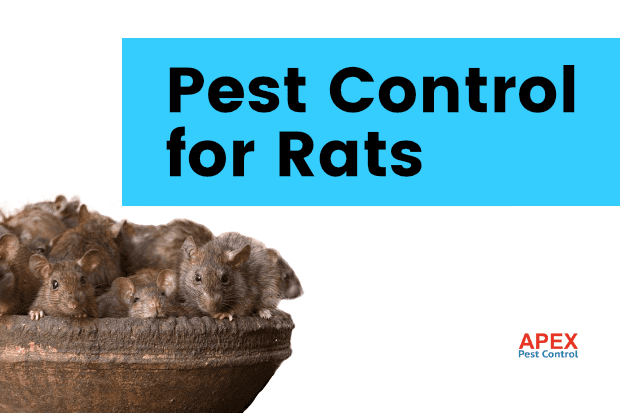
Rat Control Service
At Apex pest control, we offer professional rat control across South Yorkshire, UK. We make sure your vermin issue gets solved quickly using our local pest controllers. Your rat control gets tailored to your home, garden and property needing rat extermination services, as no two jobs are the same.
Our professional rat removal team uses effective methods safe for children and pets to eradicate a black rat or brown rat pests. Many people turn to DIY products first, and that’s ok, however, as rodents multiply quickly you often get overwhelmed easily at an alarming rate, this is where our pest control services help you for a long-lasting solution.
We follow a simple process:
- Survey
- Treatment
- Follow up and prevention
To start your professional rat pest control treatment, call us today!
Our Safety & Compliance Standard
All Apex rodent treatments adhere strictly to:
- CRRU UK Code of Best Practice – Guides our hierarchy of control (proofing first, mechanical control second, chemical only as last resort)
- Control of Pesticides Regulations 1986 – Professional rodenticide licensing and safe application
- The Prevention of Damage by Pests Act 1949 – Your property rights and our legal obligations
- Environmental Risk Assessments – Every chemical treatment includes a formal ERA to protect non-target species (pets, birds, beneficial insects)
- Food Safety Act 1990 – If applicable to your premise, full compliance with food business pest control requirements
What this means for you:
We don’t just kill rats, we do it safely, legally, and with zero risk to your family, pets, or local wildlife.
Every bait station is tamper-resistant, positioned to prevent secondary poisoning, and monitored by our certified technicians.
Our compliance framework demonstrates professional diligence and protects you legally.
Our Commitment: We provide a complete eradication service with professional follow-up monitoring.
We also provide detailed proofing recommendations to help you secure your property against re-infestation from neighbouring areas.
How We Remove and Control a Rat
- Survey -first thing that is required is to inspect the building and immediate area for signs of rats. Assess the situation and size of infestation at the property.
- Proofing and prevention – during the initial inspection, we search for places like water and drain pipes that may need proofing and sealing up to control rat entering and leaving the property.
- Baiting – today, traditional rat traps are ineffective against a family of rats. Baiting using a variety of pesticides for poisoning rats is the leading choice for control. I am choosing the right grade of professional rodenticide to use in the bait stations.
- Follow up visits – every job requires two visits to remove dead vermin and monitor the situation and stop any rats coming back. Once you haven’t seen any more rats over a set period and we are satisfied they are gone, you will be pest-free.
Types of Rats
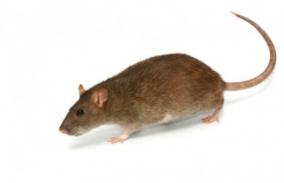
Brown rat
The brown rat is known as the common rat, street rat or sewer rat and is the most dominant and well-known rat across Europe and the UK. The pests like to live where ever humans live in towns and cities.
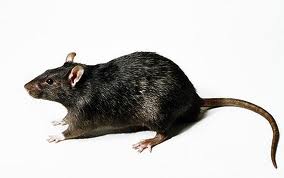
Black rat
The black rat is known as the ship rat, roof rat, or sometimes a house rat and is a long-tailed rodent. For rat pest control they are severe pests to farmers as they will eat a wide range of crops same as a mouse. Weasels and foxes are natural predators on open land and act as a natural control.
How to Stop Rats
Our treatments will require an initial visit and follow up appointments, which will be determined by our survey. Baits will be placed down in all areas where rats are going to come in contact with the rodenticide but are safe to humans or non-target species.
We use a 2nd generation rodenticide to control pests in formulations suitable for each job. The first follow-up visit will be carried out between 5 – 7 days later by our local pests technician to check our baits and remove any dead rodents.
The second visit will give us further information, such as possible numbers of rats being dealt with and the most visited areas. Plus we search to find any new hiding place that will become a problem.
If necessary, more appointments for follow-up visits will be made until we are sure all rats get exterminated. From the time of our last visit, we give a 30-day guarantee that any further sighting we will re-treat free of charge. After this time, we class any signs as a fresh infestation.
Our rat exterminator service is always tailored to each home, office space or site of situation, as no two jobs are the same. For a local expert, rat extermination service call now.
Residential Control
Before we start any rat control treatment, we survey the premises. The inspection is carried out to get information about areas where rats are seen or heard and possible access points. Gaining access under the floor, roof spaces, under kitchen units, airing cupboards, garages and outside areas is essential.
The more areas investigated will help us stop you from getting a rat in the house or garden. At the time of the survey, a mental risk assessment or a written tick box risk assessment will be carried out.
Armed with the correct information gathered from the survey and knowledge of rat biology and behaviour, some of the signs we are looking for are:
- Holes
- Droppings
- Rat runs
- Smear mark
- Smell
- Damage
- Gnawing
- Dead or alive rats
- Tracks
- Nests
- Food source
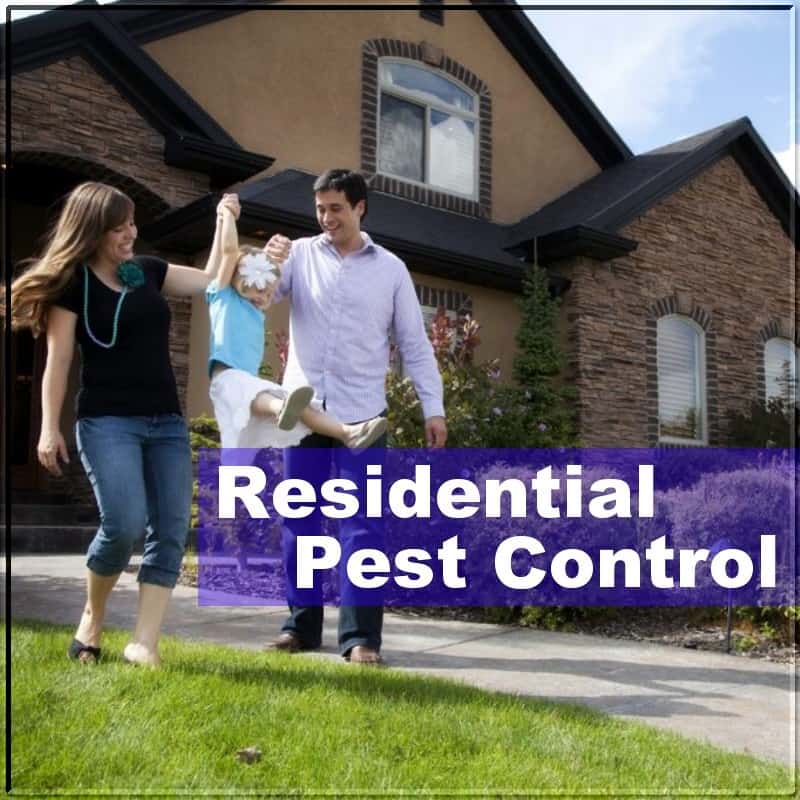
Why use Apex for Best Pest Control?
- Professional pest technicians
- Over 30 years of experience
- Local pest experts
- Fast and discreet treatment
- Insured
- NPTA Certified
Commercial Control
Commercial pest control for rats requires a site inspection before we can give you a quote for pest control.
Our site inspection will assess your property for:
- Common hiding places
- Entry points
- Outside premises
- Neighbouring buildings
- Signs of rats
- Health issues
Before our technician starts treatment, you will get advice upfront on the disease, products used and tips on aftercare and ongoing pest management.
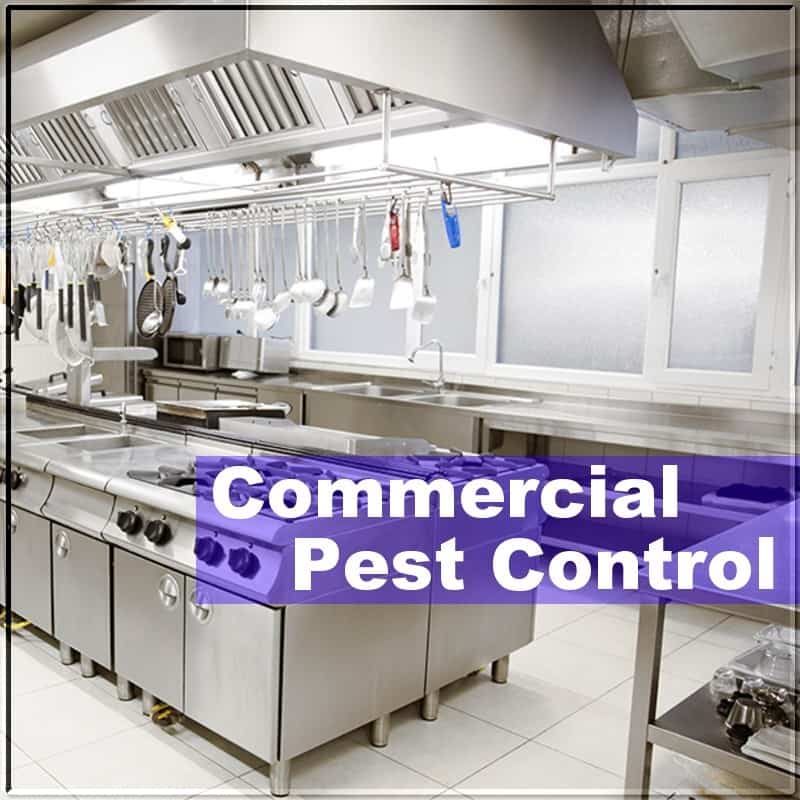
Control at Food Premises
The concern in these businesses is the risk of food spillage and the risk of contamination from the spilt rodenticide. The use of block formulations will overcome this risk. In susceptible areas indicator blocks non-toxic blocks) can be used contained within tamper-resistant bait stations (both for rats and mice).
Internal bait points should be kept to a minimum and reduced once the rodent infestation has cleared. Fixings to walls and floors are desirable and far safer in production areas. Away from production areas, boiler rooms, false roofs are high risk and should be baited.
Perimeter baits, if appropriate for the location, should be established, subject to justification and an environmental risk assessment. These should be of a fixed tamper-resistant type to give the highest level of protection to the bait. Internal locations of bait points in restaurants, kitchens should be as for domestic premises.
In many premises, baiting of production areas is not permitted.
Control at Farms
As farms come in many different shapes and sizes; living accommodation will be an integral part of the site so that children and domestic animals must also get considered. Stored animal feed and crops, bedding, even animal waste will be present an ideal environment to support a rodent infestation. Rodents living and feeding outside will enter buildings with the onset of the winter months.
Rats living indoors are treated using bait stations placed in a safe location if accessible. If contamination from spillage is a risk, we use blocks within tamper-resistant bait stations.
As the rodents need ready access to a water supply, as they must drink daily. Runs to the water source may be evident and indicate harbourage. These may be evident as holes, and if holes can themselves be baited safely, this will get done when getting rid of rats. To reduce the risk to non-targets, cover the holes with materials found in the location like stones or wood.
Covering holes will also have the advantage of keeping the rat baits dry, keeping them palatable for longer. Ideally, the bait points should be at least 60cm down the rat hole to prevent children from reaching the bait. Farm buildings get protected from rats using external rat bait points, subject to justification and an environmental risk assessment. Fixed tamper-resistant bait stations for these locations would give the highest level of protection for rat treatment.
Follow-up Visits
The first follow up visit is included in the initial price, any additional visits are charged at £35. The usual follow-up time after the initial rat baiting programme has got established is seven days. Although some situations may require daily visits. Different factors will determine the start and frequency of the follow-up visits to rat bait laid outdoors.
Such as:
- Size and extent of the rat infestation
- The risk to other species through exposure to bait or poison for rats
- Label requirements of the chosen rodenticide.
If bait stations are to be left in position outdoors as part of a pest control contract, they must get emptied of all bait at the end of treatment.
Some locations will merit a more comprehensive reporting system to include:
- Bait plans
- COSHH assessments
- Monitoring reports
- Hygiene
- Housekeeping
- Proofing recommendations.
Hire a Professional Rat Exterminator
A rat in the house or garden is not a good sign, and there is always more than one. For the best pest control treatment hire a professional rat exterminator at Apex Pest Control. Our certified technicians have a valid membership to the top pest control industry bodies like NPTA (National Pest Technician Association).
Please book your survey today and take back control of your property; we are a pest company that cares.
Read more in our articles about protection and treatment against rats
How big does a brown rat get?
The rodents fur is coarse and usually brown or dark grey, while the underparts are lighter grey or brown. The brown rat is a rather large mammal and can weigh twice as much as a black rat.
The head and body length range from 15 to 28 cm (6 to 11 in). At the same time, the tail ranges in size from 10.5 to 24 cm. The adult weight will range from 140 to 500 g. Enormous individuals can reportedly reach 900g to 1,000g (1kg), typically, that size is for domestic specimens.
Why are rats in the UK more common in autumn?
As the weather gets cooler, mice and rats look for the warmest places to shelter the winter months. Unfortunately, that usually means moving in your home uninvited. Most rats carry diseases. It is incredibly important to keep vermin free to maintain a clean and healthy home.
Not only do the vermin carry harmful diseases, but they can cause major damage to homes. Wires often get chewed, excrement is left along their main pathways, holes get made in walls, and oily marks get left on surfaces where they travel frequently.
During the winter food is more scarce, so when Spring arrives their natural food sources outside of your home are more abundant. Rest assured that between March through May rodents will begin making their way back outdoors.
How do you know if you have a rat problem?
There are many signs which can help you find out whether rodents have taken up residence in your property. Learning to know these signs early, with a regular and diligent inspection will mean the difference between successful pest control.
Evidence of Nesting – Shredded materials such as paper, cardboard or plants can be a sign of nest building. Nests will usually get built-in areas people don’t often visit, and out of sight, so thorough checks are essential.
Damage to Property – Rats and mice like to chew on stuff, so evidence of gnawing will be a sign of an infestation. Check cupboards, pantry rooms for damage to packaging as rodents gather nesting materials. Food products and fruit bowls will be a prime target for rats and mice, so any evidence of feeding need dealing with immediately.
Rodent Tracks – Rodents will often leave clear evidence like smear or oil marks of their movements as they tend to use the same routes to and from their nests.
Faecal Matter – All animals leave droppings. Rodent faeces are easy to spot. Keeping alert to any such signs will alert you to a potential problem.
Contact Us
- Apex Pest Control
- 54 Baxter Dr, Birley Carr, Sheffield, S6 1GH
- Local Branch
Members of

Follow Us
